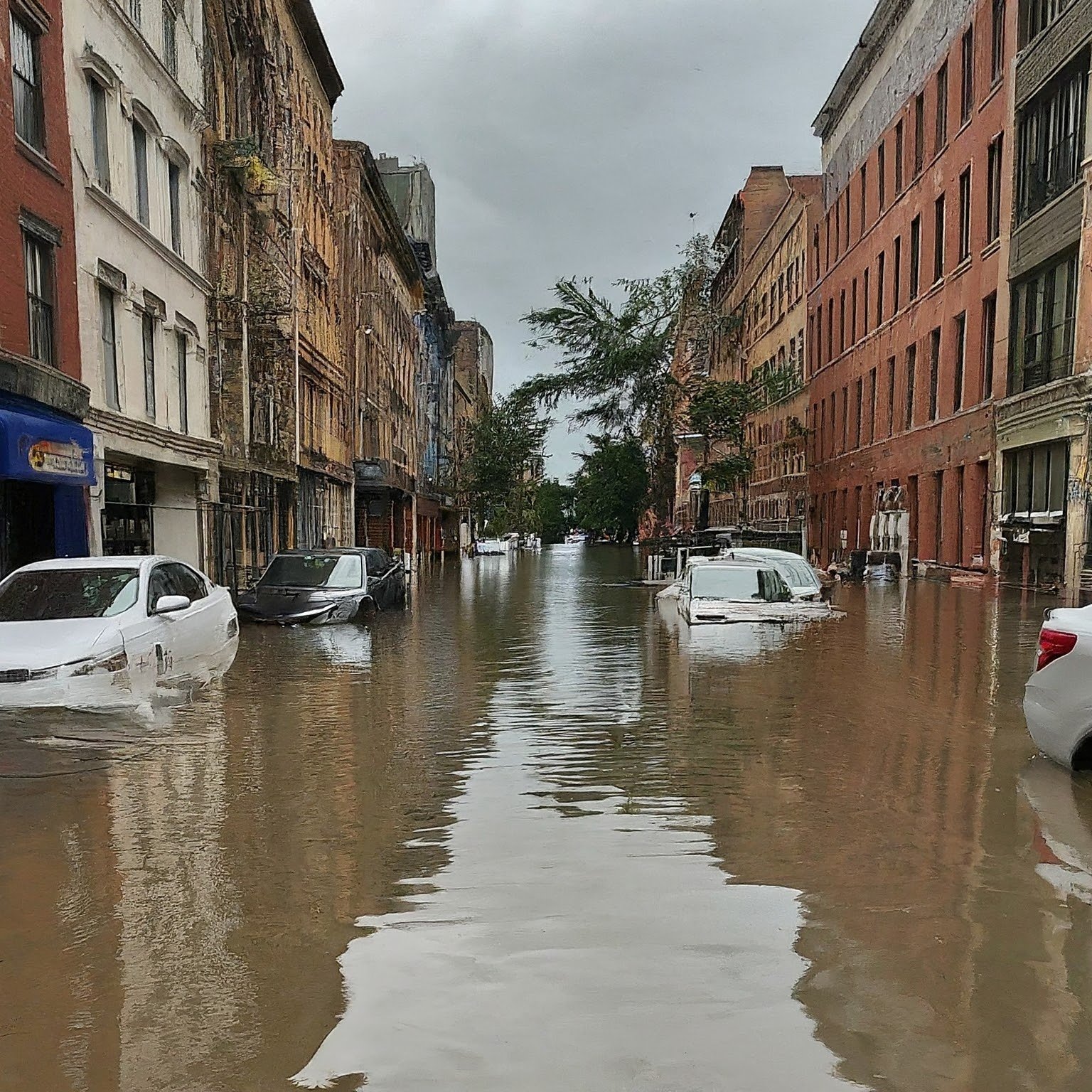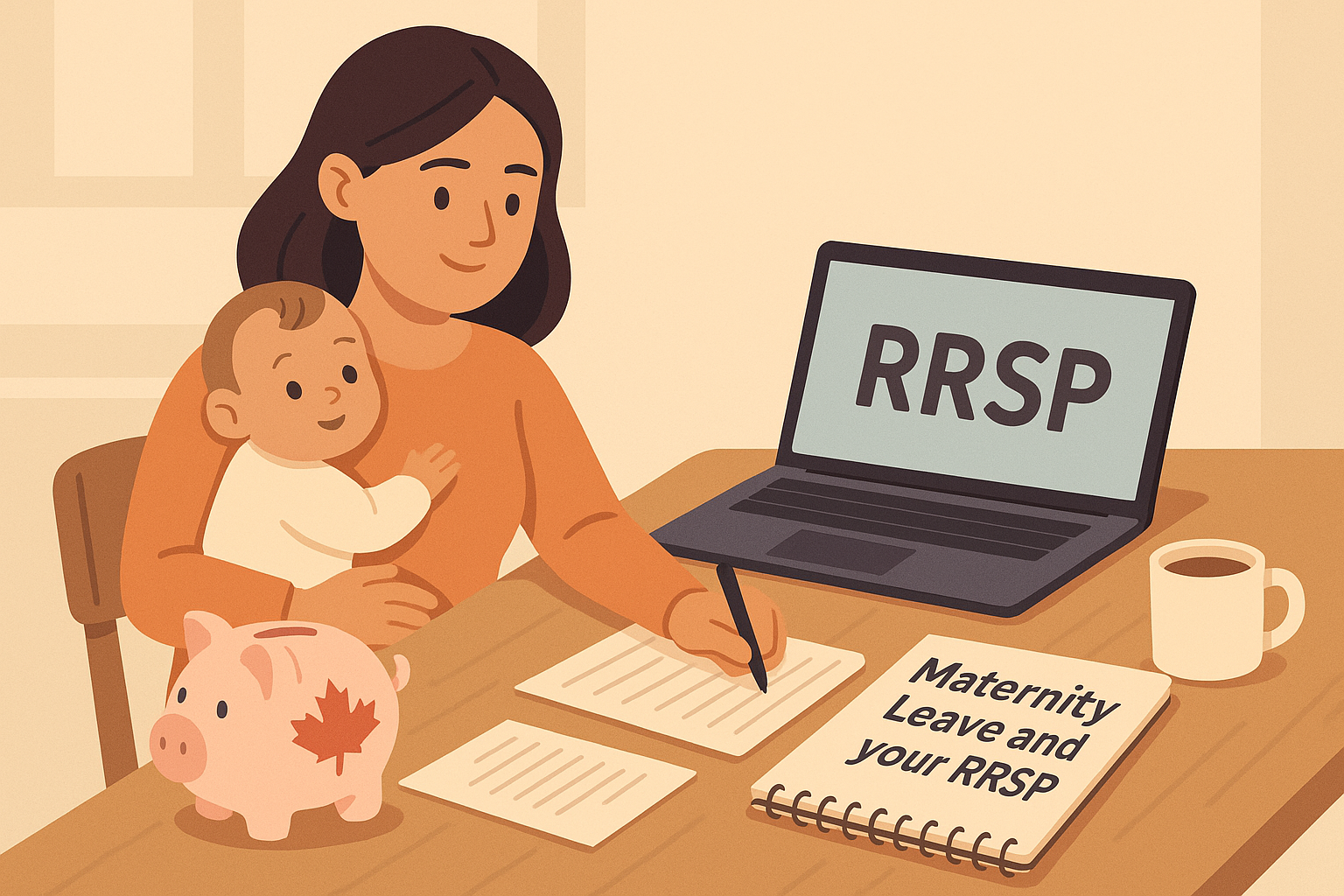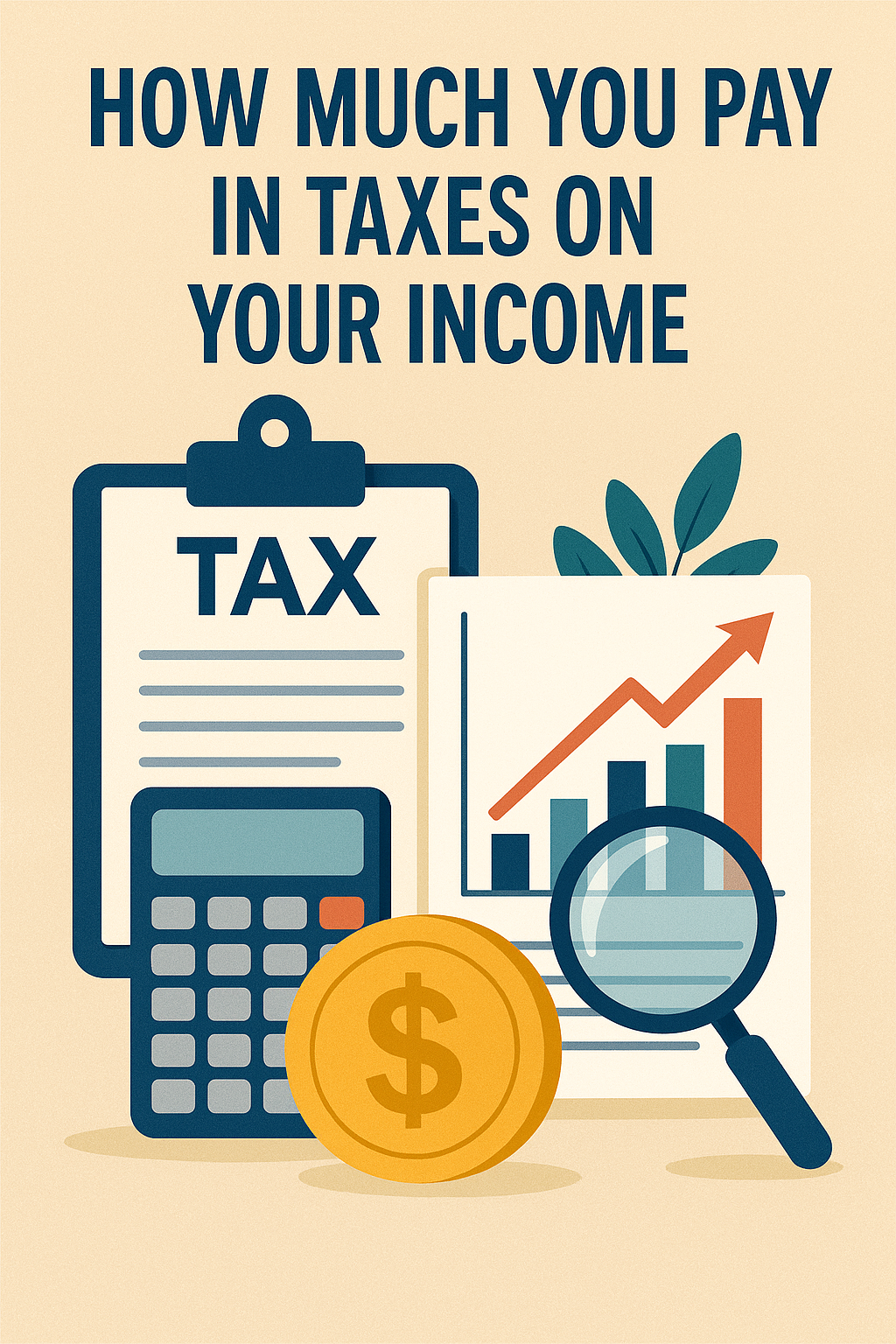Every year, the World faces a multitude of disasters, each posing a significant threat to our way of life. Among these, three stand out as particularly capable of severely impacting our ability to invest and achieve financial freedom. These include:
- The sweeping power outage in Portugal and Spain on April 28, 2025
- The global tech outage on Jul 19, 2024.
- The rising floods (e.g., Toronto, East Africa, India)
- Wildfires (e.g., Jasper-Canada, Greece, Central and West Africa)
For those interested, I invite you to explore how each of these events has affected the populations in the impacted countries. The effects are devastating, both in human and financial terms.
While governments in most affected countries are working tirelessly to better prepare for future natural disasters, the question remains: How can you and I prepare for these unpredictable and catastrophic situations?
In this article, I examine three key risk factors—cyberattacks, power outages, and extreme weather conditions. For each, I discuss practical strategies to safeguard ourselves against these threats.
I. Cyberattack Risk
In the face of a mass outage or cyberattack, your ability to access your bank and investment accounts through internet-connected devices could be severely compromised. This is why it’s crucial to diversify your financial holdings across multiple institutions. By maintaining accounts at more than one bank, you reduce the risk of being completely cut off from your funds if a single institution is targeted. But even with this precaution, you should always be prepared for the unexpected. Having cash on hand can be a lifesaver, allowing you to meet immediate needs when electronic access to your money is unavailable. Take the time to determine how much cash you’ll need in an emergency and in what denominations. Storing this cash securely at home, perhaps in a lock-box or compact safe, would ensure it’s readily available when you need it most. Remember, being proactive and prepared is the key to protecting your financial security in unpredictable times.
II. Electricity Outage
Your financial safety isn’t just about securing assets—it’s also about staying connected. Your phone is your lifeline, whether for contacting loved ones, accessing emergency services, or managing your finances. However, it’s only as reliable as its battery. Imagine the panic of a dead phone when you need it most. That’s why investing in a rechargeable power bank is more than just a convenience—it’s a crucial part of your emergency preparedness. A power bank that can keep your phone and other essential devices running for at least a day or two can be the difference between staying informed and being in the dark, both literally and figuratively. Think of it as an insurance policy, not just for your electronics, but for your peace of mind. By ensuring you have the power to stay connected, you also ensure that you can respond quickly to protect your finances—whether it’s transferring funds, checking insurance details, or simply staying in touch with your financial advisor. In uncertain times, staying prepared isn’t just smart; it’s essential. So, don’t wait until the last minute. Make sure a reliable power bank is part of your disaster preparedness kit today, and give yourself one less thing to worry about when it really counts.
III. Extreme Weather Conditions
In the face of a flood or violent storm, the unexpected can strike at any moment, threatening not just your home but also your financial security. Imagine the chaos of trying to access your bank accounts, insurance policies, or important documents when both your electronic devices and paper records are damaged or destroyed. That’s why one of the smartest moves you can make today is to invest in a reliable password manager. This tool securely stores all your online passwords in one place, allowing you to retrieve them instantly from any device, anywhere. Whether you’re forced to evacuate or face an extended power outage, you’ll have peace of mind knowing that your financial lifeline remains intact.
But a password manager is just one piece of the puzzle. Preparing for disasters requires a proactive approach—backing up important files, storing copies of essential documents in safe locations, and setting up alerts for suspicious activity on your accounts. By taking these steps now, you’re not just protecting your money; you’re safeguarding your future.







